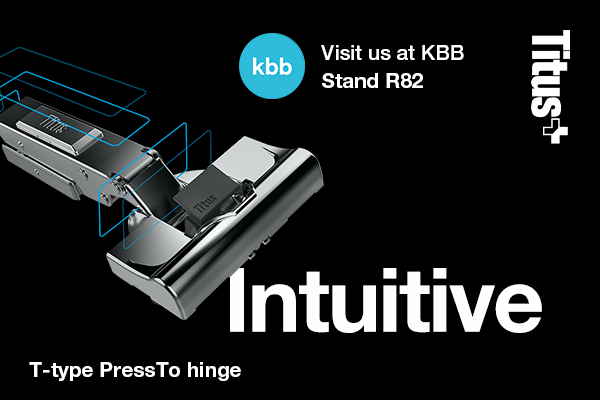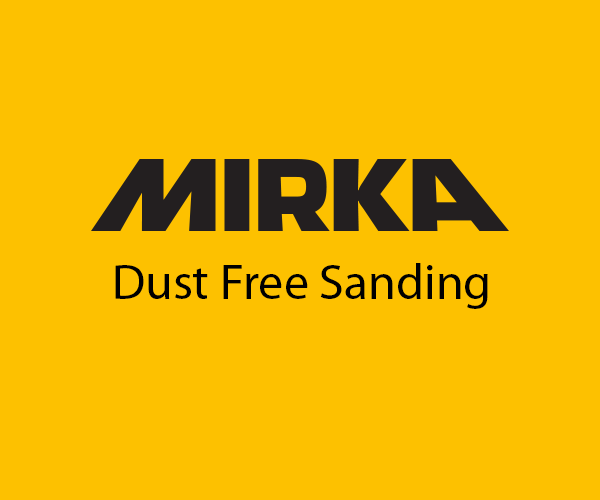Confidence. Flexibility. Visibility. Those are the three keywords that Cabinet Vision software provide for one of Northern Ireland’s leading kitchen, bedroom and cabinet companies.
Woodland Kitchens, a family-run business founded in Ballymena over 30 years ago by Brian McCloskey, who is still managing director, is at the forefront of design, manufacture and installation of high-end, ultra-contemporary and traditional kitchens and bedrooms.
All their units are created in a purpose-built 90,000 sq ft factory in Rasharkin, using computer controlled manufacturing technology combined with traditional craftsmanship, and are supplied fully made up.
Design Technician Sean Quinn says Cabinet Vision is an essential part of their design process. “It gives us a clear vision of what we’re aiming to produce, and the confidence that what we design will be replicated in the workshop. We’ll take an initial brief on the specifications, and Cabinet Vision’s wizard makes it so easy for us to construct a base unit. That’s always our starting point.”
Then comes the flexibility of bringing in materials of different thicknesses and finishes, regardless of the unit design. “We simply toggle between the materials, and have total confidence that the unit will fit within the parameters that we set.”
As well as a fast design time – he says it takes around half an hour to design a full kitchen in Cabinet Vision – it also gives what they call “essential visibility” on how all the cabinets interlink. It is this additional detail of the through-section displays that they find to be a tremendous advantage.
“Most design packages are primarily for floor plan layouts. They show how the finished cabinets and doors will look, but don’t go into construction detail. Someone may use software like that to design something which looks good, but it doesn’t work when it comes to putting everything together. Cabinet Vision overcomes those issues by giving me all the details I need to be fully confident that my designs can be machined and constructed perfectly.
“With Cabinet Vision I can design a unit that isn’t just a block of a certain height by a certain width and certain depth ... I know the position of the shelves, where the feet will go and how the fixing components are going to interlock the units together, down to the finest detail.”
And he says because Cabinet Vision shows movement systems such as hinges, drawers, extensions and angles, those can be tested at the CAD design stage, giving confidence that the fitters won’t have any issues at the customer’s home.
Overall, he feels designing with Cabinet Vision is three times faster than using other software packages. “And even then, they don’t give the specifics of construction elements. So it’s not just time saving with Cabinet Vision; we get flexibility and full visibility, which gives that all important confidence of knowing that what we see at the CAD stage will be faithfully replicated when we start cutting wood.”
And with Cabinet Vision being fully parametric they can take an existing design and tweak it to create something new. Sean Quinn keeps all his programs as a starting point, or base program, for other projects. “We can set up rules for how we want a cabinet to respond, and with a couple of mouse clicks we can transform what we’ve done previously into a new program.”
He says whenever they design a cabinet and position a shelf or hinge hole, with tooling attached to that operation, Cabinet Vision gives them the ability to view the part as an individual, rather than just the unit as a whole.
Even though their Solid Ultimate edition of Cabinet Vision helps them take the business to a different level, they are constantly pushing its boundaries and asking the support team how it can be stretched to achieve even more time savings. “For example, we attached an attribute to our system to include a specific handle drilling program where we just wanted to click a button to apply it to any panel without having to do it manually every time. It’s just a little tool that makes life easier.
Once the designs have been completed, all of the manufacturing data and NC codes are sent to their suite of Biesse machines.









